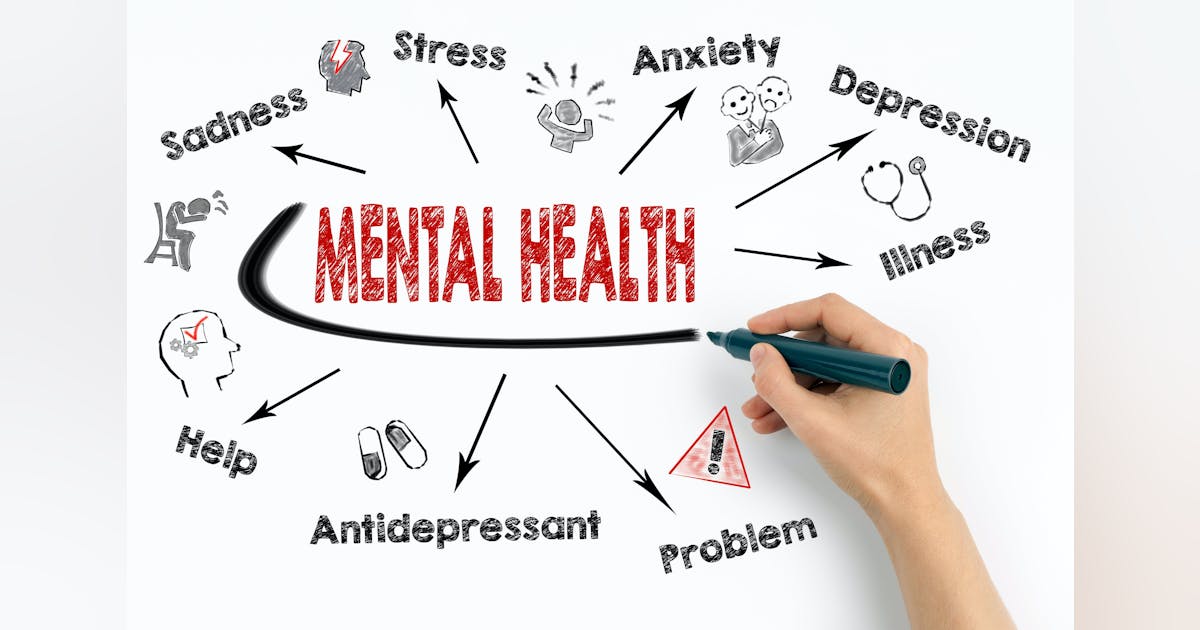A find out about printed nowadays in Well being Affairs checked out a nationally consultant pattern of Medicare beneficiaries from 2016 to 2019 and located no variations in intellectual fitness between Medicare beneficiaries who won their healthcare thru conventional fee-for-service techniques and the ones enrolled in responsible care organizations.
The find out about was once performed by means of researchers at Washington College College of Medication in St. Louis and the Yale College of Public Well being. The researchers famous that the theory at the back of ACOs is that by means of integrating all fitness services and products into one machine, sufferers will obtain coordinated, high quality care that may lead to higher fitness, thereby reducing health-care prices. The find out about’s findings point out that this system as recently structured isn’t assembly the objective of bettering intellectual healthcare.
“Responsible care organizations are crucial fee and care type in Medicare presently and they don’t seem to have stepped forward intellectual fitness remedy for the 2 maximum prevalent intellectual fitness stipulations in our society, that are melancholy and nervousness problems,” stated senior creator Kenton Johnston, Ph.D., an affiliate professor of drugs at Washington College, in a commentary. “On this find out about, handiest about part the folk with melancholy or nervousness were given any outpatient intellectual healthcare in any respect — and the ones in responsible care organizations were given even much less. Folks are meant to get remedy for melancholy, nervousness, any roughly intellectual fitness situation in the similar approach they get remedy for diabetes or kidney illness however, actually, that doesn’t actually occur. There are adjustments that may be made to assist get other folks the care they want.”
General, in 2022, the Medicare Shared Financial savings Program stored Medicare $1.8 billion with out compromising high quality of care, in step with a document from the Facilities for Medicare and Medicaid Services and products.
However the document’s authors say much less is understood about whether or not such organizations are in truth making other folks more fit. To resolve the impact of ACOs on intellectual fitness, Johnston and lead creator Jason M. Hockenberry, Ph.D., the chair of the Division of Well being Coverage and Control on the Yale College of Public Well being, used de-identified information from the Medicare Present Beneficiary Survey to search out Medicare recipients with recognized and undiagnosed melancholy and nervousness who switched to an responsible care group between 2016 and 2019. In overall, the researchers accrued and analyzed 2,500 patient-years of information.
The effects have been transparent: Amongst sufferers no longer to start with enrolled in an responsible care group, those that switched to at least one have been no much more likely to get intellectual fitness remedy and noticed no enhancements of their signs after a 12 months in comparison to the ones in common Medicare.
“General, responsible care organizations had no impact at the high quality of intellectual healthcare: The entire end result measures have been 0 with the exception of for one remedy measure for melancholy, which was once in truth worse,” Johnston stated.
The researchers say the issue is a minimum of partially because of the inducement construction for docs and hospitals. Working out find out how to measure high quality of care and calculate truthful fee is difficult, and Medicare won’t have discovered the suitable formulation for intellectual fitness.
“Medicare possibility adjustment fashions, which in the long run resolve fee to responsible care organizations, have a tendency to under-predict prices for other folks with melancholy and nervousness, so there’s no longer as a lot incentive and assets for treating the ones stipulations,” Johnston added. “Presently, nervousness isn’t even incorporated within the type, which continuously way responsible care organizations are underpaid for treating sufferers with those stipulations. Some kinds of melancholy are within the type, however no longer others. We wish to have extra incentives and accompanying monetary assets directed towards taking good care of other folks with mental-health stipulations.”
Johnston says he sees hope for development within the converting political local weather. The pandemic each highlighted and exacerbated intellectual fitness demanding situations, and in consequence policymakers have taken an larger passion in addressing such stipulations.
“The Division of Well being and Human Services and products just lately issued new tips round getting other folks the intellectual healthcare they want,” Johnston stated. “My hope is this find out about gets policymakers to take a look at mental-health high quality measures in a extra explicit approach.”

